17 Amazing Benefits Of Black Pepper For Skin, Hair, And Health
This powerful spice could be your answer to digestive issues, aching muscles, and more.
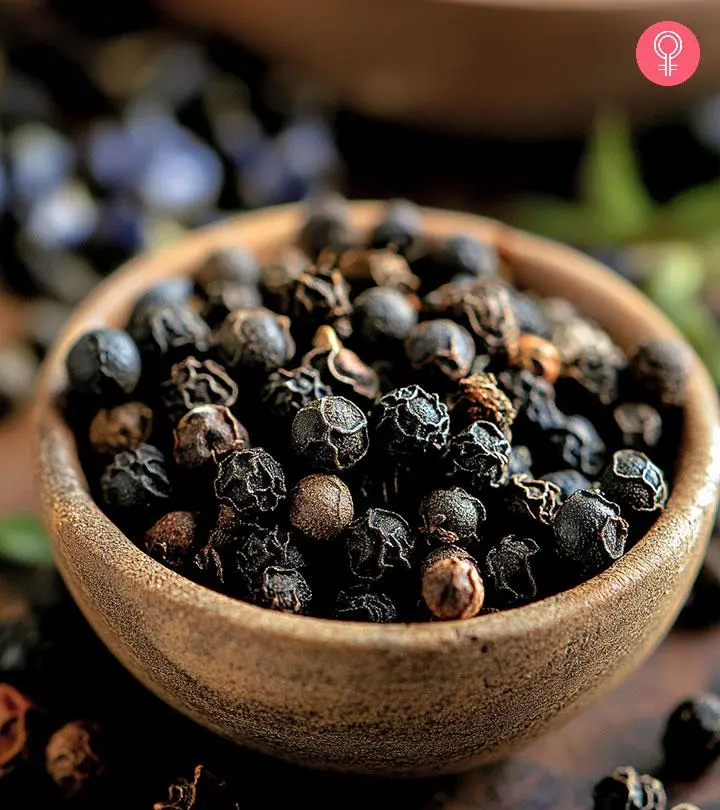
Image: Midjourney/ StyleCraze Design Team
Many of us sprinkle a dash of salt and pepper to enhance the taste of our dishes. But did you know that black pepper benefits you in multiple ways if consumed as a part of your diet?
Black peppercorns, also known as black pepper, are a rich source of many beneficial nutrients. Want to know more about them and the benefits they offer? Scroll down to check out all the info!
 Know Your Ingredient: Black Pepper
Know Your Ingredient: Black PepperWhat Is It?
A dried spice, scientifically called Piper nigrum, that grows on a flowering vine.
What Are Its Benefits?
It has antioxidant and antibacterial properties, provides pain relief to aching muscles, and improves digestive issues. It helps improve brain function and hair and skin health.
Who Can Consume It?
Those who want to improve digestive health, boost immunity, lower blood pressure and help with diabetes, reduce weight, and find relief from cough, cold, and fever.
How Often?
It can be consumed daily.
Caution
Too much consumption can lead to an upset stomach and heartburn. It can burn if it goes into the eyes.
In This Article
What Is Black Pepper? How Is It Good For You?
Scientifically called Piper nigrum, black pepper is a flowering vine that is cultivated for its fruit. This fruit is dried and used extensively as spice and seasoning in both Western and Eastern cuisines. It is a staple on every dinner table paired with table salt.
The dried fruit is known as peppercorn and has an earthy strong aroma. There are three types of peppercorns – black, green, and white.
The spice is native to South India and other parts of South Asia and has been used in Indian cooking since 2000 BC. The source of pepper exports to neighboring countries was the Malabar Coast, which is present-day Kerala.
 Trivia
TriviaNow, let’s answer the question, is black pepper good for you? Yes, an ounce of this spice has a lot to offer. It is a great source of magnesium, vitamin K, iron, and fiber (1). It also contains the essential oil piperine, which, when used in aromatherapy, helps ease aching muscles, digestive issues, and even inflammatory arthritisi Inflammation of one or more joints that causes pain, stiffness, and reduced range of motion. It deteriorates with age. .
Black pepper also possesses antibacterial, antioxidant, immune-boosting, and fever-reducing properties. The pepper, according to studies, can also help individuals quit smoking and is actively used in smoking cessation treatments.
Black pepper is available in different types. Learn more about them below.
Types Of Black Pepper
- Tellicherry Pepper: This pepper is grown in the Tellicherry region of India’s Malabar coast. It is left to ripen longer on the vine. This results in larger peppercorns with a robust, fruity flavor and a slightly fermented aroma.
- Malabar Pepper: This pepper, also from the Malabar coast, has a sharp, pungent flavor and a rich aroma.
- Lampong Pepper: It originates from the Indonesian island of Sumatra and has a strong, earthy flavor with a hint of floral notes.
- Sarawak Pepper: It is grown in the Malaysian state of Sarawak on the island of Borneo. It has a mild, aromatic taste and a balanced heat.
- Vietnamese Pepper: It is grown on Phu Quoc Island and is characterized by its bold, spicy flavor and a subtle sweetness.
Scientific research has a lot to say about the health benefits of black pepper. Check out the next section to learn more.
This is just a brief. As you read further, you will know what scientific research has to say about black pepper.
What Are The Health Benefits Of Black Pepper?
The piperine in black pepper has numerous beneficial properties (antioxidant, antibacterial, etc.) that can improve your health in many ways.
Some of the good effects of black pepper include cancer and diabetes prevention, improved digestive health, and enhanced brain health. The potent antioxidants in black pepper also promote skin and hair health.
1. Improves Digestive Health
Black pepper stimulates the digestive juices and enzymes, thereby promoting digestion.
This holds true when you consume black pepper, especially with a meal, which might enhance your body’s ability to break down and digest food. Research has shown that black pepper has a positive effect on pancreatic enzymes too, benefiting the overall digestive process (2).
Black pepper also has carminative properties and helps relieve stomach gas. It can also relieve flatulence and colicky pain. Replacing chili powder in your meals with black pepper can treat flatulence.
Black pepper also has carminative properties and helps relieve stomach gas. It can also relieve flatulence and colicky pain.
2. Prevents Cancer
Studies have shown that the piperine in black pepper exerts protective activity against numerous forms of cancer (3). Piperine also increases the absorption of other nutrients like selenium, curcumin, beta-carotene, and B vitamins in your intestines – nutrients that are vital for gut health and cancer prevention.
Another Canadian study also credits the anticancer properties of black pepper to piperine. It reduces the stress on the rectum and helps prevent colon cancer. It showed similar properties in cases of prostate cancer too (4). And not just that, piperine also was found to enhance the effectiveness of docetaxel, a chemotherapy medication used in the treatment of cancer of the prostate (5).
3. Lowers Blood Pressure
It’s piperine, again. Reports have shown that piperine can lower blood pressure in animals, and similar effects can be expected in human beings. One Slovakian study states that oral administration of piperine can control the increase in blood pressure (6).
Ingestion of piperine also proved to be effective in controlling blood pressure in yet another study. Interestingly, piperine also enhances the bioavailabilityi The extent and the rate at which the active constituent of a drug enters systemic circulation. of curcumin, another important compound found in turmeric (7).
4. Promotes Weight Loss
Many people consume black pepper for weight loss and it is said to work wonders. Even studies have found that piperine in black pepper, the very compound that makes you sneeze, also fights the formation of fat cells.
This can push you a little further towards your weight loss goals. Research says that black pepper might offer an alternative to treatments for fat-related issues (8).
Black pepper’s characteristic to inhibit fat cell formation sets off a chain reaction that can keep fat formation in check at various other biological levels.
Also, black pepper is a welcome addition to a weight loss diet – since a teaspoon of this pepper has just about 8 calories. And instead of that calorie-heavy Italian dressing on your chicken breast or grilled vegetables, simply add a dash of black pepper and squeeze a lemon to save calories.
5. Relieves Cold And Cough
Black pepper has been used for this purpose even in ancient Chinese medicine. The pepper is known to stimulate circulation and the mucous flow. And when you combine it with honey, the effect is enhanced – as honey works as a natural cough suppressant.
Simply mix a teaspoon of powdered black pepper with 2 tablespoons of honey in a cup. Fill the cup with boiling water, cover it and let it steep for about 15 minutes. You can strain the drink and sip it. Do it thrice a day to clear congestion and sinuses.
The pepper can also ease asthmatic symptoms. One study conducted on asthmatic patients in a specialty care facility in Trinidad found that administering pepper to the patients had improved their condition (9). Black pepper clears the respiratory tract and eases other respiratory ailments like whooping cough as well.
6. Fights Infections
The antibacterial properties of black pepper come into play here. As per one South African study, piperine in black pepper exhibits larvicidal effects (targeted towards dangerous insects in their larval stage of life) and helps prevent infection and spread of disease (10).
7. Has Antioxidant Benefits
Black pepper has superb antioxidant effects, which contribute to your health in numerous ways (11). Antioxidants fight the disease-causing free radicals and boost immunity. In another Indian study, rats with induced oxidative stress, when administered with black pepper, showed considerable improvement in their condition (12).
Another test conducted by the National Institute of Nutrition in India found that black pepper had the highest concentration of antioxidants in all of the foods they had analyzed. The pepper also had the highest phenolic content. This high antioxidant content enables pepper to offer various health benefits, some of which include the prevention of serious ailments like cancer.
Black pepper exhibits several antioxidant and immune-boosting properties. Also, it is a great source of vital vitamins and minerals. But it is important to note that hydrolyzed black pepper contains more polyphenols when compared with white pepper. Check out the chart below for a comparison of the polyphenolic concentration of black pepper between white pepper in hydrolyzed and non-hydrolyzed forms.
Polyphenolic Concentration Comparison (Black Vs. White Pepper)
Source: Comparative analysis of the in vitro antioxidant activity of white and black pepperOn top of all this, the piperine in black pepper increases the bioavailability of nutrients in numerous foods and supplements. And this means – it can transform a marginally effective therapeutic substance into a highly effective one – simply by enhancing its intracellular residency time. Also, it is important to note that the more intense the flavor of black pepper, the higher the piperine content.
8. Improves Oral Health
Certain massaging mixtures contain black pepper as one of the main ingredients. These massages relieve toothache and other oral infections, given piperine’s antibacterial properties.
Pepper also has anti-inflammatory properties that help treat gum inflammation. What else, you can even mix pepper with salt for relief from dental issues. Simply mix equal amounts of salt and pepper in water and rub the mixture on your gums. For toothache, you can mix black pepper with clove oil and apply it to the affected area. For everyday care, mix coconut oil and black pepper and use it as a natural mouthwash for good oral health.
However, there is limited research on this. Consult your doctor before use.
9. Enhances Brain Health
Black pepper has great effects on brain health. The piperine in the pepper inhibits one enzyme that breaks down serotonin, the calming neurotransmitter. This enzyme also degrades the functioning of another hormone called melatonin – which regulates the sleep/wake cycle.
Piperine also has its importance in Parkinson’s disease. It inhibits another type of enzyme that disrupts the production of dopamine, the feel-good hormone. Dopamine is usually deficient in patients with Parkinson’s, and ingesting black pepper can ease the symptoms. Similar effects can be observed in the case of depression too.
Black pepper can also delay brain aging and help prevent Alzheimer’si A progressive disease that shrinks cells in the brain and destroys memory and other crucial mental functions. . And it can also enhance the nerve activity in the brain, thereby perhaps alleviating seizures. It also protects the nerve cells and prevents early cell death. Moreover, it also had shown beneficial effects in stroke patients.
As per another Indian study, piperine in black pepper can decrease the formation of amyloidal plaque and may help prevent Alzheimer’s disease (13).
10. Improves Fertility In Men
Pepper plays an important role in improving male fertility. It is known to increase testosterone levels as it is rich in zinc and magnesium – two minerals critical for male sex hormones. It also increases sperm count and its concentration. The zinc in pepper also helps in the development and movement of sperms.
11. Helps Quit Smoking
Studies have shown that inhaling the vapor from black pepper can reduce smoking withdrawal symptoms. Cigarette cravings were also significantly reduced in test subjects who inhaled black pepper vapor (14).
 Quick Tip
Quick Tip12. Helps Treat Diabetes
The beneficial antioxidants in black pepper might help stabilize blood sugar levels. They regulate hyperglycemiai A condition in which high amounts of glucose is found in the blood due to low insulin levels. Also known as high blood sugar. , thereby aiding in diabetes treatment. And a 2013 study has proved that black pepper oil can inhibit the two enzymes that break down starch into glucose and make diabetic symptoms worse. But ingesting black pepper can delay glucose absorption.
Piperine can also be used as a bio-enhancing agent alongside metformin (a diabetes medication) – it helps reduce the dose of metformin and even its side effects, all the while helping ease the symptoms of the disease (15).
13. Fights Wrinkles
The antioxidants in black pepper fight free radicals that cause signs of aging and harm your skin in more than one way. Black pepper fights the signs of premature aging – including wrinkles, fine lines, and even dark spots.
You can simply add black pepper to your daily diet to see its skin-enhancing effects. Or just combine a teaspoon of black pepper with equal amounts of honey or turmeric. Add water for a smoother consistency. Apply the mask to your face twice a day.
14. Exfoliates The Skin
Black pepper uses also extends to skin rejuvenation. It can be used as a scrub to exfoliate the skin and remove dead skin cells. This makes your skin smoother.
Crush some black pepper and make a scrub to remove dead skin cells and exfoliate your skin. Just take 1/2 teaspoon of powdered black pepper and 1 teaspoon of yogurt. Apply to your face and wash after 20 minutes.
This face pack will help remove toxins from your skin, leaving it soft and radiant. Black pepper also helps promote blood circulation and provides more oxygen and nutrients to your skin. Its anti-inflammatory and antibacterial properties help prevent acne.
15. Cures Vitiligo
Vitiligo is a condition that causes the skin to lose its pigmentation in certain areas. When your skin loses its natural pigmentation, it turns white. There are many different treatments for this skin disease, but a majority of them involve the use of harsh chemicals. Many patients are now turning to black pepper as a cure.
According to researchers from London, piperine found in black pepper provides a safe and natural alternative to chemical-based treatments.
16. Helps Treat Dandruff
If you are suffering from dandruff problems, black pepper is the best treatment. Add a teaspoon of crushed pepper to a bowl of curd and apply it to your scalp, leaving it on for about 30 minutes. Wash off with water. Do not use shampoo. If you want, you can shampoo the next day as this will give the mixture ample time to work on dandruff.
Remember not to overdo the pepper as an excess of this ingredient will make your scalp burn, causing extreme discomfort.
17. Revitalizes Hair
Mix a teaspoon each of lemon and ground black pepper seeds and apply to your scalp and hair. This will revitalize your hair, making it shiny, lustrous, and soft. Leave the mixture on for 10 to 15 minutes and rinse off with cold water.
You can also mix a teaspoon of powdered black pepper with equal amounts of honey and apply to your hair. This will strengthen the hair roots and can even help prevent baldness.
As we said, just an ounce of black pepper has a lot to offer. In the following section we have covered the detailed nutritional profile of this spice. Going through them should give you some understanding of why black pepper does what it does.
What Are The Nutrients In Black Pepper?
The values in the brackets include the daily value of the particular nutrient the serving of the ingredient meets.
| Principle | Nutrient Value | Percentage of RDA |
|---|---|---|
| Energy | 255 Kcal | 13% |
| Carbohydrates | 64.81 g | 49% |
| Protein | 10.95 g | 19.5% |
| Total Fat | 3.26 g | 11% |
| Cholesterol | 0 mg | 0% |
| Dietary Fiber | 26.5 g | 69% |
| Vitamins | ||
| Choline | 11.3 mg | 2% |
| Folic acid | 10 mcg | 2.5% |
| Niacin | 1.142 mg | 7% |
| Pyridoxine | 0.340 mg | 26% |
| Riboflavin | 0.240 mg | 18% |
| Thiamin | 0.109 mg | 9% |
| Vitamin A | 299 IU | 10% |
| Vitamin C | 21 mg | 35% |
| Vitamin E-? | 4.56 mg | 30% |
| Vitamin K | 163.7 mcg | 136% |
| Electrolytes | ||
| Sodium | 44 mg | 3% |
| Potassium | 1259 mg | 27% |
| Minerals | ||
| Calcium | 437 mg | 44% |
| Copper | 1.127 mg | 122% |
| Iron | 28.86 mg | 360% |
| Magnesium | 194 mg | 48.5% |
| Manganese | 5.625 mg | 244.5% |
| Phosphorus | 173 mg | 25% |
| Zinc | 1.42 mg | 13% |
| Phyto- nutrients | ||
| Carotene-ß | 156 mcg | — |
| Carotene-a | 0 mcg | — |
| Crypto-xanthin-ß | 48 mcg | — |
| Lutein-zeaxanthin | 205 mcg | — |
| Lycopene | 6 mcg | — |
Black pepper should be consumed in moderate quantities and not in excess as it is a spice and not a food type. When used with other ingredients like turmeric, fenugreek, cinnamon, and cumin, it formulates a great combination of spices. In one tablespoon (6 grams) of black pepper, there are 15.9 calories, 4.1 grams of carbohydrates, and 0 grams of fat and cholesterol. Sodium content is about 3 mg, carbohydrates are 4 grams, and dietary fiber is 2 grams.
Black pepper has vitamin C content of about 2% of the dietary value, calcium content of 3% of what can be consumed in your diet, and iron that has a 10% dietary value share. Proteins are a decent 0.7 grams.
That’s a varied nutritional profile, isn’t it? Understanding the nutritional composition of black pepper helps you use it in the best ways to maximize its health benefits in daily meals. Some recommendations are given below.
How To Incorporate Black Pepper Into Your Diet
Here are ways to incorporate black pepper into daily meals:
- Sprinkle on eggs, salads, and pasta for an extra kick.
- Add a pinch to your salad dressings and sauces.
- Mix into marinades for meats, poultry, or tofu, or use it in dry rubs for grilling.
- Add a pinch of black pepper to fruits or green smoothies for an enhanced flavor.
- Use on roasted vegetables with olive oil.
- Add a pinch to teas, like turmeric tea, for warmth.
- Add it to soups, stews, and stir-fries while cooking for a warm, spicy flavor.
Using black pepper in your diet is quite easy. But we wanted to cover that aspect too – and make things easier for you.
How To Use Black Pepper In Cooking
Let’s begin with the following tips –
- Increase the quantity. This can help enhance the taste of your dish and would be beneficial to your health too. First, add a regular amount of salt and pepper – and then go on a little more with the pepper.
- Since you are adding a little more amount of black pepper to your dish, you might trigger a coughing fit if the black pepper is finely ground. Hence, go for the coarse variety.
- You can also use peppercorns as a coating for your food. This will make your dish crunchier.
These are not all. We also have compiled a couple of popular recipes!
Black Pepper Tea
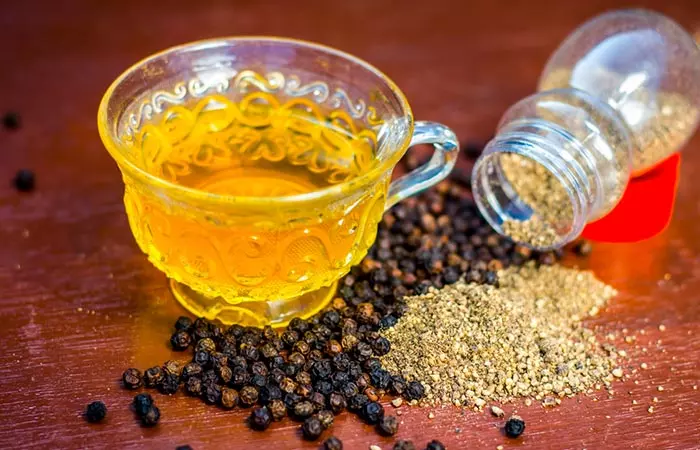
What You Need
- 2 cups of filtered water
- 1 teaspoon of freshly ground black pepper
- 1 tablespoon of honey
- 1 teaspoon of lemon juice
- 1 teaspoon of freshly chopped ginger
Directions
- First, bring the water to a boil.
- Add all the ingredients.
- Turn off the heat and allow it to steep for about 5 minutes.
- Strain into a mug and drink while hot.
Black Pepper Sauce
What You Need
- 60 grams of chopped butter
- 1/4 cup of red wine
- 2 cups of Massel beef stock
- 2 finely chopped eschalots
- 2 teaspoons of cracked black pepper
Directions
- Over a medium frying pan placed over medium heat, melt half the butter until it foams.
- Add the eschalots.
- Keep stirring and cook for about 5 minutes until the eschalots have softened.
- Add the red wine and bring to a boil.
- Reduce the heat to medium.
- Cook the sauce for about 2 to 3 minutes or until it is almost evaporated.
- Add the stock and pepper. Bring to a boil and reduce the heat to medium-low.
- Stirring occasionally, simmer for about 10 minutes. The stock must be reduced to half and slightly thickened.
- Whisk in the remaining butter until it melts and the sauce has slightly thickened.
- You can serve the sauce with steak.
We are sure these recipes will amaze you. Just be careful to select the right black peppers.
Black pepper can be found in crushed and whole varieties. Whole peppercorns are better as they are mostly unadulterated. While purchasing whole peppercorns, always make sure that they are small, heavy, and free of blemishes.
You can store them in a glass jar that is well-sealed and airtight and store the container in a cool and dry place. Ground pepper can be stored for about three months while whole black peppercorns can be stored for an indefinite amount of time. Freezing pepper is also a great storage method, although the taste may change a little and become stronger.
A blogger mentioned as lawstudentcook shares a delicious recipe for Black Pepper Chicken on their blog. She says, “I feel like pepper is something so commonly used, but easily overlooked. I use black pepper in almost everything I cook – more than salt actually. I love the spice it can add to a dish and how it can help emphasize the other flavors of the dish (i).
Black pepper is a powerful ingredient. But even before you go ahead and use it, you need to keep a few things in mind.
Does Black Pepper Have Side Effects? What Are They?
- Eye Redness
If black pepper gets into the eye, it can cause redness and burning.
- Issues During Pregnancy And Breastfeeding
Though it is fine to take black pepper in food amounts during pregnancy and breastfeeding, higher doses can cause complications. In pregnant women, higher doses of black pepper can lead to miscarriage. During breastfeeding, the consequences of intake of excess pepper are not clearly known. So stay safe and limit consumption to normal doses. Here is some more information on the side effects of black pepper that you may want to consider before consuming it.
Infographic: Important Health Benefits Of Black Pepper
Black pepper has been widely used as a seasoning to enhance the taste of the dish, but it also has many nutrients which help us stay healthy. As discussed in the articles, there are many health benefits of consuming black pepper but to know about the most important health benefits of black pepper check out the infographic below! Illustration: StyleCraze Design Team
Black pepper is a popular and common seasoning featured in many dishes. A dash of black pepper benefits your health as it contains potent bioactive compounds like piperine. It may promote digestive, heart, oral, and brain health. It may help manage diabetes and has natural antibacterial and antioxidant properties. If you want to reap the benefits of black pepper, you can add it to your diet in whole or powdered form in sauces or teas. Nevertheless, be cautious as it may cause skin or eye irritation. Since the safety standards have not been determined, pregnant and breastfeeding women should consult a doctor before consuming it.
Frequently Asked Questions
Is black pepper bad for your kidneys?
Peppercorns contain oxalates that might cause kidney stones in susceptible individuals. Hence, limit or even prevent intake if you are suffering from kidney complications. And do talk to your doctor.
How much black pepper can I take in a day?
There is not enough information with respect to dosage. Do as directed by your physician.
What are the benefits of taking black pepper in the morning?
Similar to what we have seen in this post. However, there is not enough information on the intake of black pepper on an empty stomach. So refrain from that.
Is black pepper good for the liver?
Yes, black pepper has been shown to exert hepatoprotective effects due to the strong antioxidant properties of piperine. It reduces oxidative stress and inflammation in the liver tissues and prevents the depletion of glutathione (GSH) from liver cells (16).
Is black pepper good for eyesight?
Yes, black pepper may be good for eyesight. An animal study showed that piperine, the active compound in pepper, exerted a protective effect on the retina of diabetic mice against oxidative damage (17).
Does black pepper clean your blood?
Black pepper removes urea nitrogen and creatinine from the blood, improves circulation, and lowers cholesterol levels, all of which can help cleanse the blood (18). It also exerts a diuretic effect and induces sweating, which has a detoxifying effect on the body (19).
Is black pepper a blood thinner?
Piperine has been shown to have anticoagulant effects on the blood and slow down blood clotting (20). As a result, it may interact with blood thinning medications such as warfarin.
Is pepper good for you?
Yes. They are loaded with antioxidants, which are linked to all sorts of health benefits like staving off heart disease and cancer (12). They are also a great source of vitamins C, E, and beta-carotene.
Key Takeaways
- The piperine in black pepper may help promote digestion and relieve constipation.
- Its antioxidant and anti-inflammatory properties may prevent diabetes and cancers.
- You can consume black pepper tea or sauce to improve metabolism and aid in weight loss.
- Pregnant women should avoid consuming high doses of black pepper as it may lead to miscarriage.
Disclaimer: “The content in this article is not intended to be a substitute for professional medical advice, diagnosis, or treatment. Always consult your physician before starting a diet, exercise, or supplement regimen. This article is intended for educational purposes only.”
The numerous benefits of black pepper have made it one of the most popular spices in the world. The video below details the advantages of consuming black pepper daily. Click play to know more!
Personal Experience: Source
StyleCraze's articles are interwoven with authentic personal narratives that provide depth and resonance to our content. Below are the sources of the personal accounts referenced in this article.
(i).BLACK PEPPER CHICKENhttps://lawstudentscookbook.wordpress.com/2012/06/11/black-pepper-chicken/
References
Articles on StyleCraze are backed by verified information from peer-reviewed and academic research papers, reputed organizations, research institutions, and medical associations to ensure accuracy and relevance. Read our editorial policy to learn more.
- ”Spices, pepper, black”. United States Department of Agriculture.
- “Digestive stimulant action of three Indian spice mixes in experimental rats“. Central Food Technological Research Institute, Mysore, India. 2002 December.
- “Spices for Prevention and Treatment of Cancers“. Sun Yat-Sen University, China. 2016 August.
- “Piperine, an alkaloid from black pepper, inhibits growth of human colon cancer cells…“. Dalhousie University, Halifax, Nova Scotia, Canada. 2015 October. 2016 April.
- ”Piperine, a Bioactive Component of Pepper Spice Exerts Therapeutic Effects…“. University of Illinois, USA. 2013 June.
- “Piperine, active substance of black pepper, alleviates hypertension…“. Comenus University, Bratislava, Slovakia. 2010.
- “Spice up the hypertension diet – curcumin and piperine prevent…“. Slovak Academy of Sciences, Slovakia. 2011 October.
- “Effect of piperine in the regulation of obesity-induced dyslipidemia in high-fat diet rats“. Raval College of Pharmacy, India. 2011 May.
- “Medicinal herb use among asthmatic patients…“. The University of the West Indies, St. Augustine, Trinidad and Tobago. 2005 February.
- “The larvicidal effects of black pepper…“. University of the Witwatersrand, Johannesburg, South Africa.
- “Black pepper and health claims: a comprehensive treatise“. Black pepper and health claims: a comprehensive treatise. 2013.
- “Antioxidant efficacy of black pepper…“. Annamalai University, Annamalai Nagar, Tamilnadu, India. 2004.
- “Preventive Role of Indian Black Pepper…“. Jss University, Mysore Karnataka, India. 2015 April.
- “Inhalation of vapor from black pepper extract reduces smoking withdrawal symptoms“. V.A. Medical Center, Durham, NC. 1994 February.
- “Bio-enhancing Effect of Piperine with Metformin on Lowering Blood…“. MGM Medical College, Kanadia, Madhya Pradesh, India. 2016 March.
- “Evaluation of the liver protective potential of piperine, an active principle of black and long peppers“. Planta Med. 1993 Oct.
- “Protective effects of piperine on the retina of mice with streptozotocin-induced diabetes by suppressing HIF-1/VEGFA pathway and promoting PEDF expression“.Int J Ophthalmol. 2021.
- “Piperine-A Major Principle of Black Pepper: A Review of Its Bioactivity and Studies“.Applied Sciences Volume 9 Issue 20.
- “Emerging Diverse Medicinal Properties of Piperine: A Review“. Sociological Theory, November 2020.
- “Anticoagulant activities of piperlonguminine in vitro and in vivo“. Korean Society for Biochemistry and Molecular Biology, October 2013.
Read full bio of Rachelle Caves
Read full bio of Ravi Teja Tadimalla
Read full bio of Arshiya Syeda
Read full bio of Aparna Mallampalli










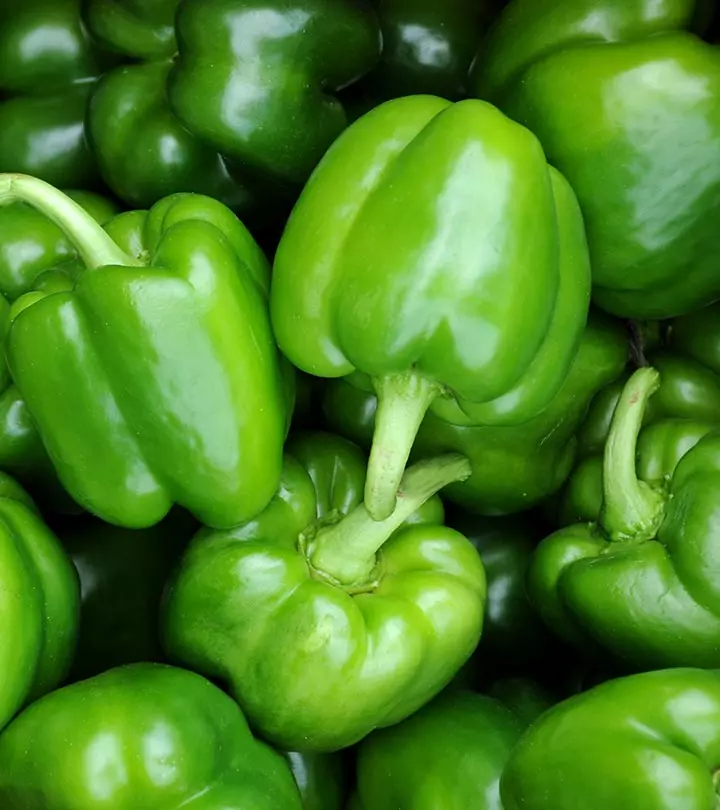

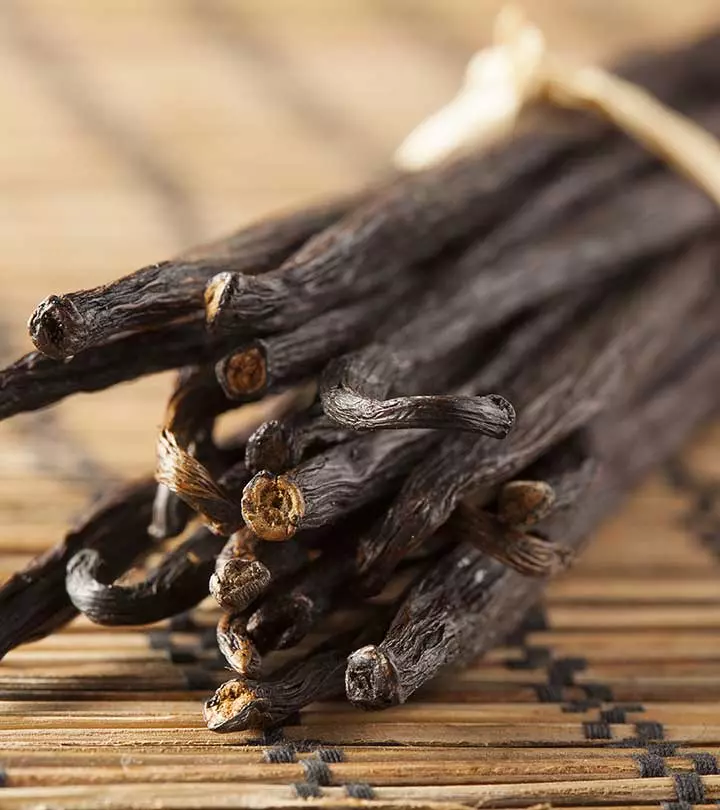

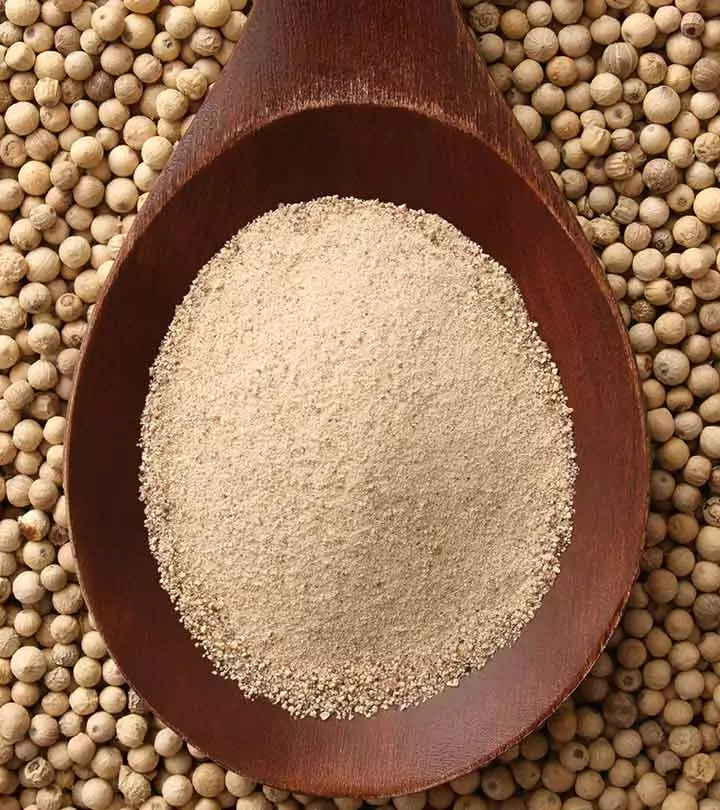
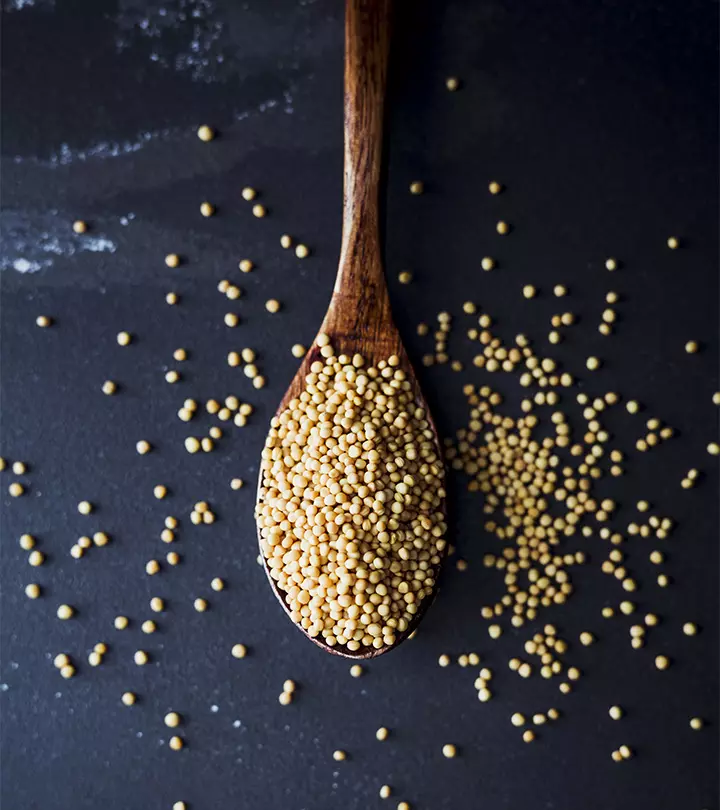
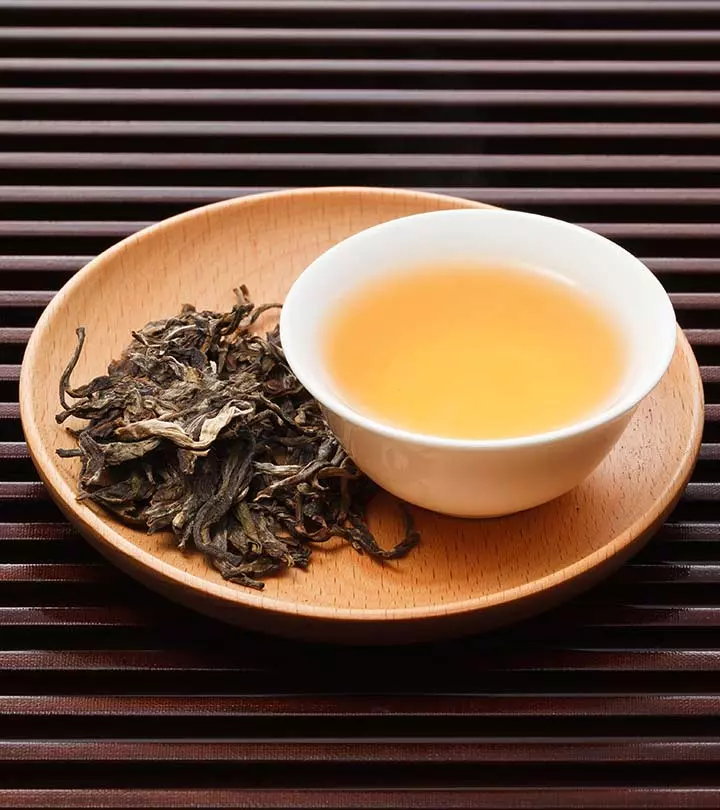
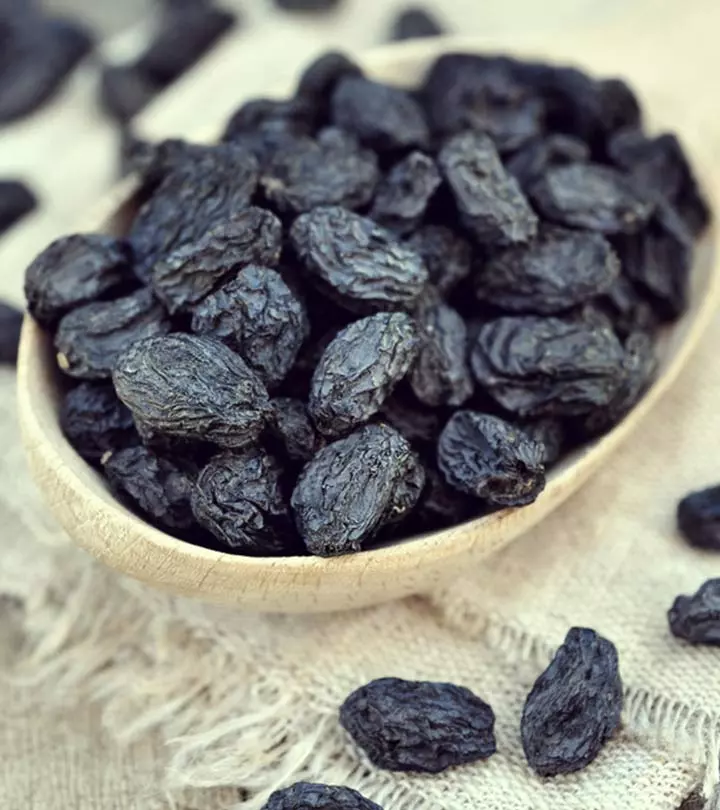
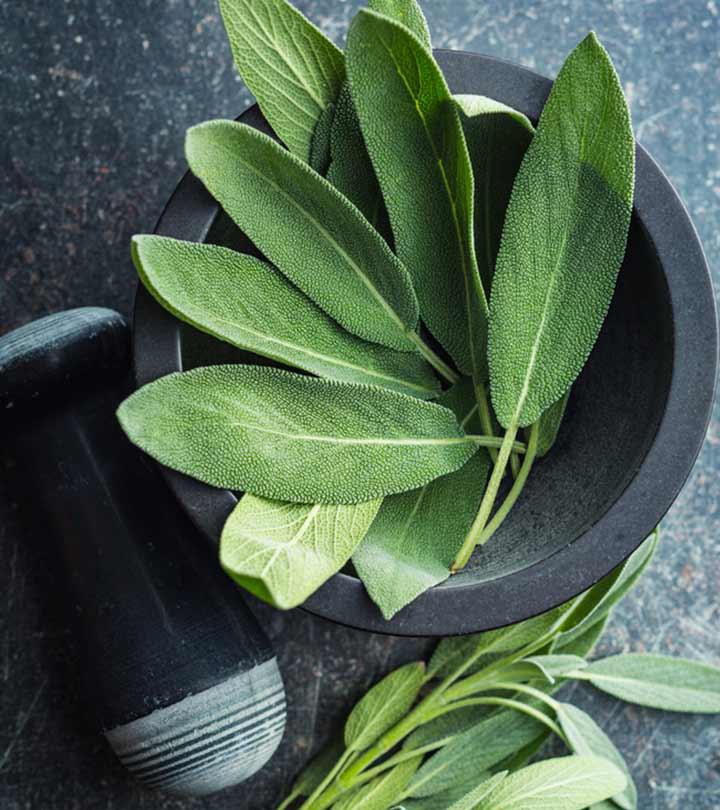

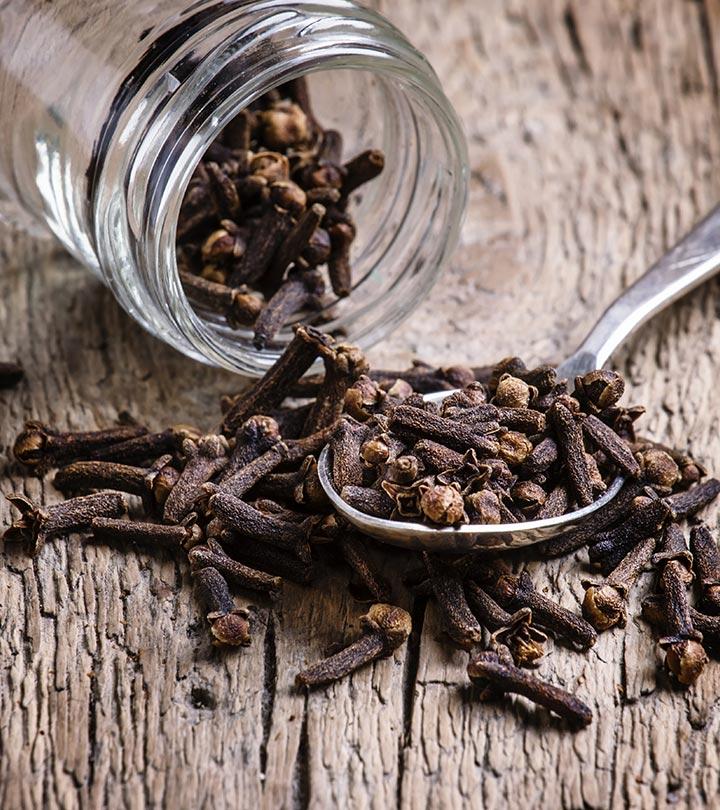
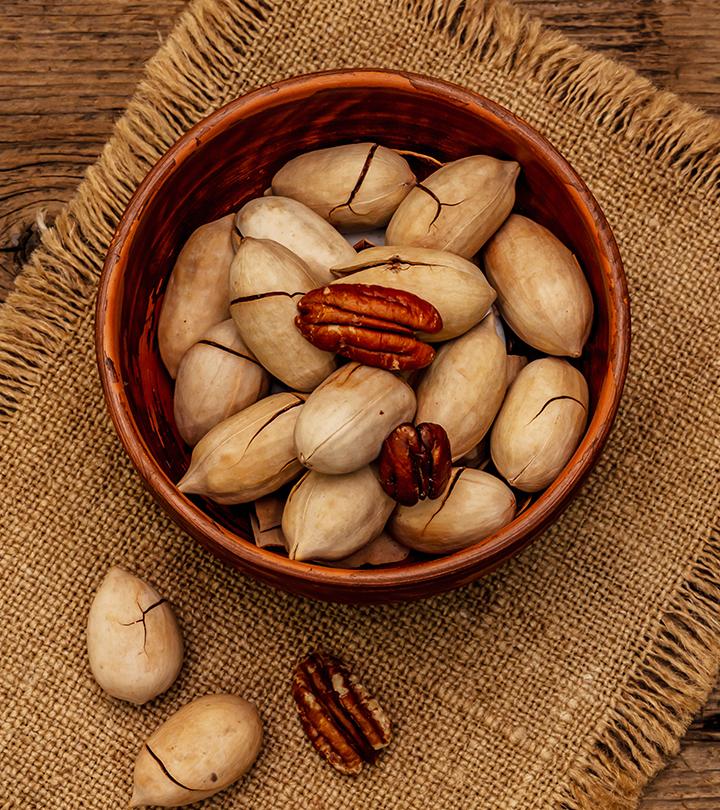


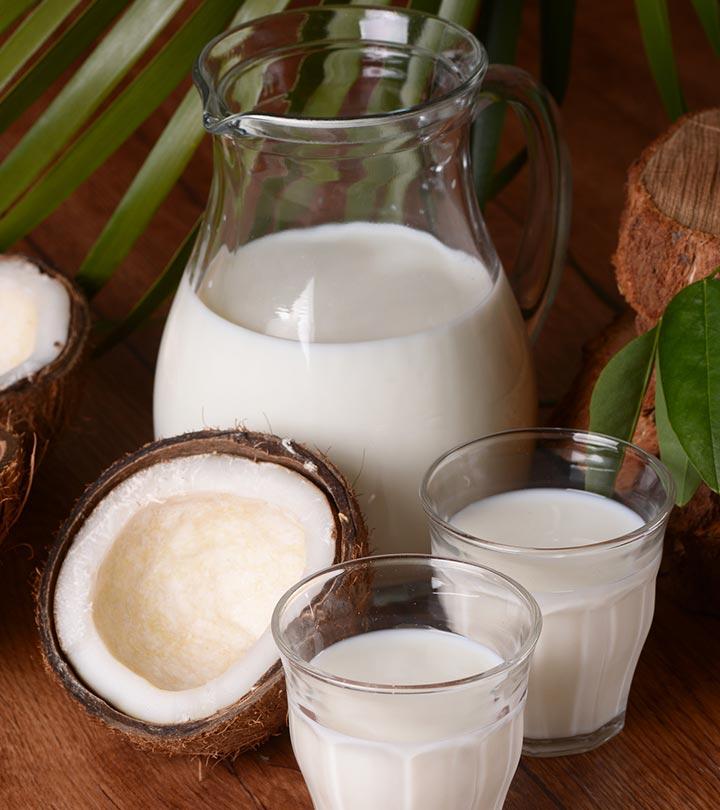
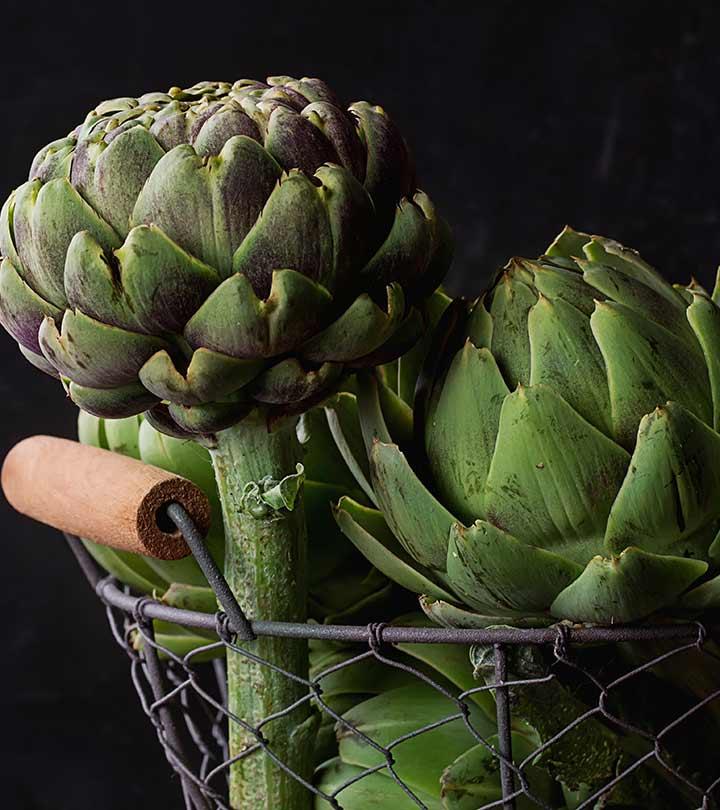

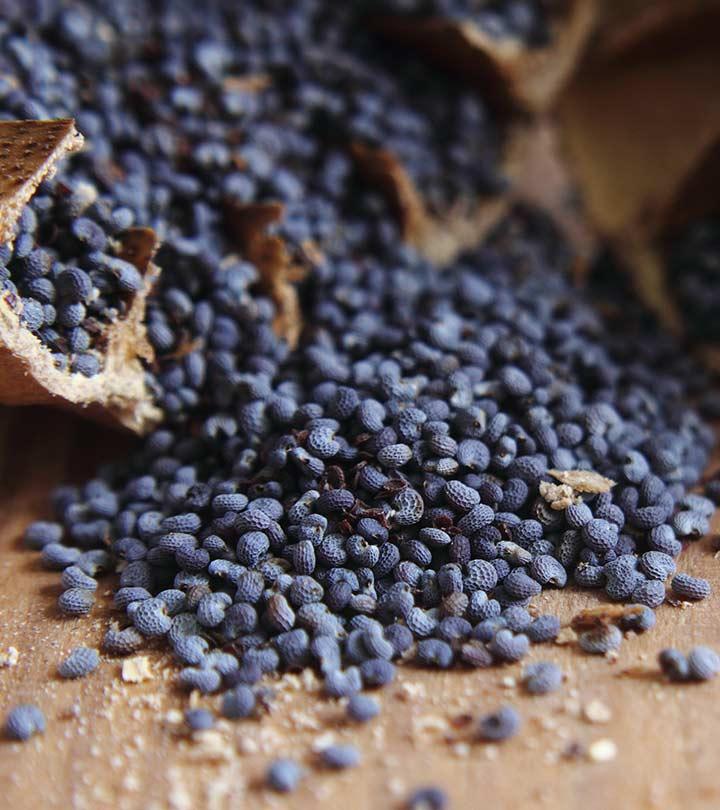
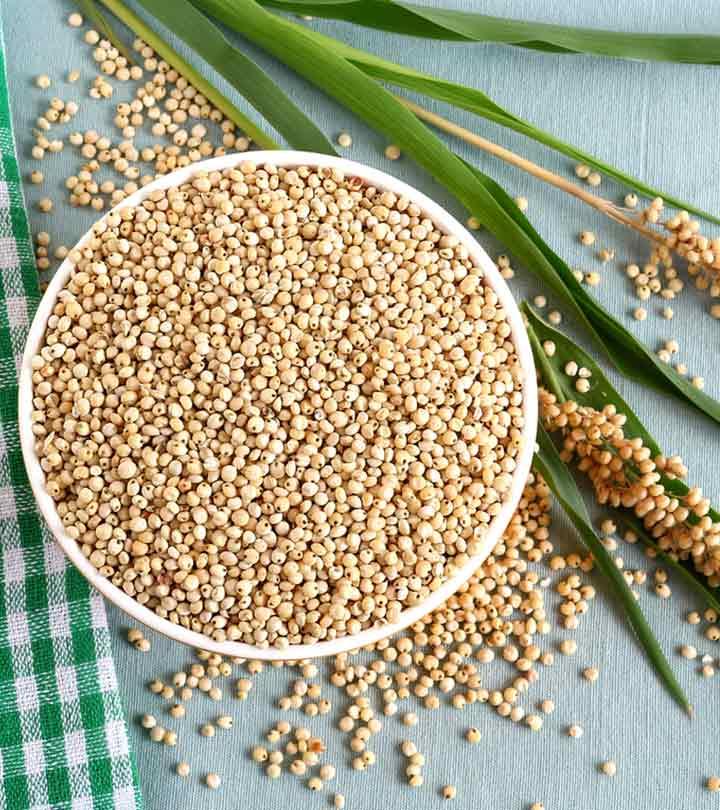

Community Experiences
Join the conversation and become a part of our empowering community! Share your stories, experiences, and insights to connect with other beauty, lifestyle, and health enthusiasts.